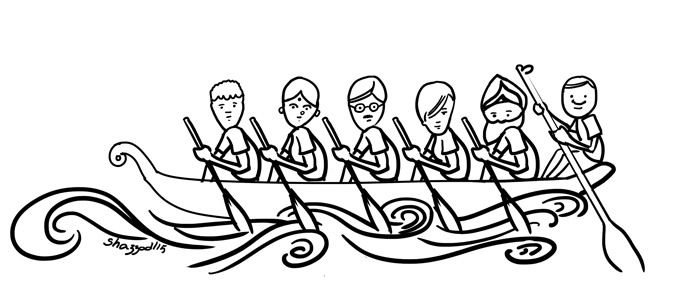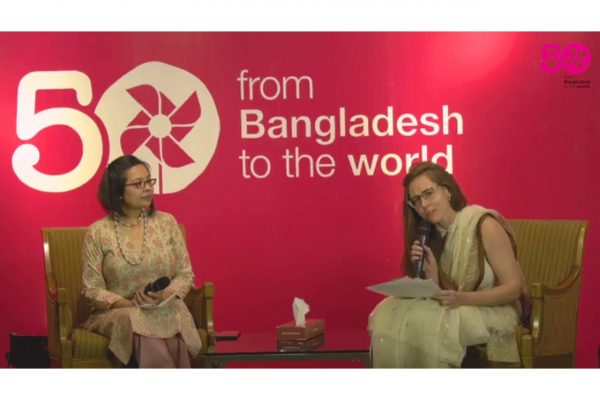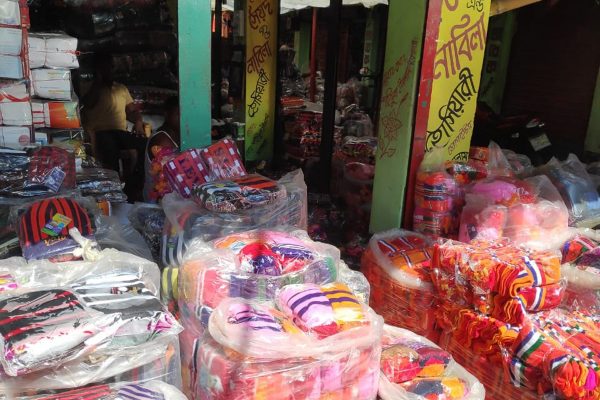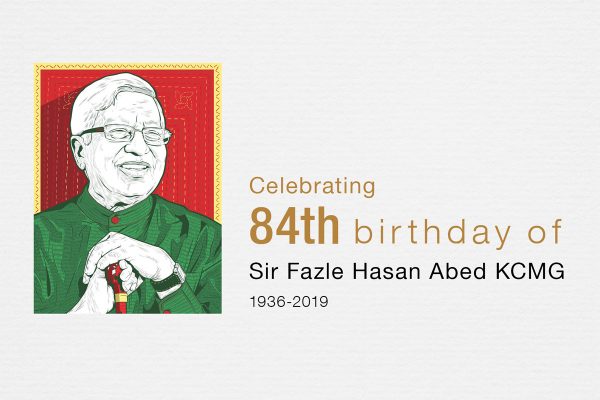Development: Whose fault is it anyway?
Reading Time: 3 minutes
The millennium development goals (MDG) aspired to improve the lives of people in the developing world. There is a decline in the percentage of world’s population living in extreme poverty, but still a lot of the poor are living in middle income countries. There are more poor people living in India and in some of the Middle Eastern countries than in the whole of Africa. This scenario is also likely to evolve over the coming decade. Subsequently, we may see an entirely different world by the end of 2030.
The millennium development goals (MDG) aspired to improve the lives of people in the developing world. There is a decline in the percentage of world’s population living in extreme poverty, but still a lot of the poor are living in middle income countries. There are more poor people living in India and in some of the Middle Eastern countries than in the whole of Africa. This scenario is also likely to evolve over the coming decade. Subsequently, we may see an entirely different world by the end of 2030.
Although it may seem that the world is becoming a darker place, valiant efforts and dedication of a large group of people assured that there is light at the end of the tunnel. Some of the targets set to achieve the MDGs, which were then considered to be ambitious, have now been reached quite convincingly. This created a sense of competiveness amongst states that as a result mobilised the civil society.
It is still fair to say that the rapid economic growth also has been a major contributing factor in this progress, especially in countries such as India and China. The business sectors in these countries are a key driver of development, and may soon transform into a new financing source for development.
Many African countries have also managed to grow due to the massive demand for raw materials by rapidly industrialising Indian and Chinese economies. South American and Asian countries have also invested in African agricultural and mining industries. In an ideal world, such countries would have less dependence on the large-scale transfer of resources and traditional aid as their level of personal income grows.
Still the reality is that developing nations are losing their financial resources due to unfair international rules that favour the well-off countries and their businesses. The cost of unlawful financial flows is enormous for the developing world that are having to depend on shrinking foreign aid budgets while the global economy is in a crisis for the past seven years. Moreover, regulating systems have not been very efficient. At the International Conference on Financing for Development, much of the discussions were around reviewing and strengthening the current UN Tax systems rather than establishing rules in favour of developing countries. A recent Global Financial Integrity report also stated that the developing economies have lost trillions of dollars in unlawful financial transfers between 2003 and 2012.
With the changing financing scenario, sustainable progress of developing countries would strongly rely upon coherent policies that ensure cooperation between governments. Developing countries would also have to promote good governance and introduce policies that would allow them to enforce their own tax laws. These countries would then be able to generate their own financial resources and therefore take responsibility of their own development agenda.
Innovative financing and partnership modalities to deliver foreign aid are therefore being explored to achieve the newly adopted global sustainable development goals (SDGs). BRAC as one of the world’s largest NGOs is in a unique position to showcase one such innovative model through its strategic partnership arrangement (SPA). This is a novel financing and partnership arrangement between BRAC and the governments of Australia and the United Kingdom, which promotes institutional strengthening, knowledge sharing and mutual trust. Through this arrangement BRAC is receiving core funding support. The three partners are committed to achieve common national and international development goals.
In a rapidly globalising world, and changing political and economic scenario it is difficult to predict which parts of the world would have a higher density of fragile states. However, it is fundamental to realise that poverty will be a reality for any of these states. Therefore, despite of foreign direct investments and remittances, the role of foreign aid will still remain crucial for these poor and fragile states to bring about transformational changes.
Asif Kashem is senior manager at BRAC Donor Liaison Office.






